A diet rich in whole grains, vegetables, fruit, and beans is linked with lower cancer risk. Emphasize berries, cruciferous vegetables (broccoli, Brussels sprouts), tomatoes (lycopene), garlic/onions, soy foods, green tea, legumes, whole grains, extra-virgin olive oil, and turmeric. Limit processed meat, excess red meat, ultra-processed “fast foods,” sugary drinks, alcohol, and charred meats. Build most meals around plants, cook gently, and keep portions of red/processed meats small or occasional. Cancer.gov+5World Cancer Research Fund+5American Cancer Society+5

Table of contents
- Why diet matters for cancer risk
- How we chose these foods (what the evidence meas)n
- 10 anti-cancer foods from around the world
- 5 everyday U.S. foods to cut back on
- A real celebrity story (music): what Sheryl Crow changed
- Smart, simple U.S. meal ideas
- Q&A
- Key sources & further reading
Why diet matters for cancer risk
Large expert reviews recommend eating mostly plants—especially whole grains, vegetables, fruit, and beans—and limiting red/processed meat, alcohol, “fast foods,” and sugary drinks, because these patterns affect body weight, inflammation, and exposures tied to cancer risk. World Cancer Research Fund+2World Cancer Research Fund+2

How we chose these foods (what the evidence means)
Nutrition science uses different evidence tiers. For some foods (e.g., processed meat → colorectal cancer), links are strong; for others (e.g., crucifers, green tea, tomatoes/lycopene), human data are mixed or suggestive but biologically plausible from lab studies. We flag that nuance here and link to trusted orgs so you can read the details. World Cancer Research Fund+1

10 anti-cancer foods from around the world
1) Berries
Why: Rich in anthocyanins and fiber; part of the “more vegetables & fruit” recommendation associated with lower risk and healthier weight. How to use (USA): frozen blueberries in oatmeal; strawberries over plain yogurt; berry–chia freezer jam. World Cancer Research Fund

2) Cruciferous vegetables
Why: Broccoli, Brussels sprouts, cabbage, kale, bok choy contain glucosinolates → isothiocyanates, which in lab studies help neutralize carcinogens and protect DNA; human results are mixed, but including them is encouraged. How: roast sprouts with olive oil; broccoli slaw with apple; kimchi as a side. Cancer.gov+1

3) Tomatoes & lycopene
Why: Epidemiology shows tomato products/lycopene are linked to lower prostate cancer risk (causal proof limited, but promising); lycopene is more available in cooked/canned tomatoes. How: marinara over whole-grain pasta; tomato-bean soup; salsa on grain bowls. PubMed+2PubMed+2

4) Garlic & onions (allium family)
Why: Allium veggies show potential protective associations in some human studies; compounds like allicin are biologically active. How: garlic-lemon roasted veggies; onion-heavy chili; scallion-ginger stir-fry. PMC

5) Soy foods (tofu, edamame, tempeh)
Why: Population data do not show increased breast-cancer risk from eating soy; moderate soy intake may even be protective or linked with better survival in survivors. How: tofu stir-fry; edamame snack; miso soup; soy-pepper steak fajitas (tofu/tempeh). American Institute for Cancer Research+1
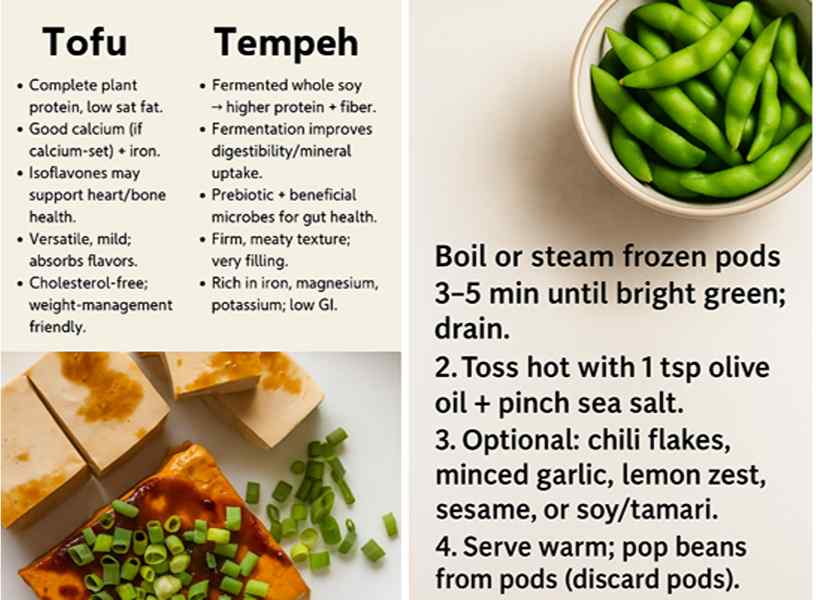
6) Green tea
Why: Catechins (EGCG) have mechanisms relevant to cancer biology; human data are mixed but intriguing. How: brew 2–3 cups/day; try iced unsweetened green tea with citrus. PMC+1

7) Legumes & pulses (beans, lentils, chickpeas)
Why: High in fiber, which supports a healthy microbiome and is part of the whole grains/veg/fruit/beans recommendation associated with lower cancer risk. How: black-bean tacos; lentil bolognese; hummus snack. World Cancer Research Fund

8) Whole grains (oats, brown rice, quinoa, wheat berries)
Why: Diets rich in whole grains and fiber are protective across multiple outcomes; swap in whole-grain versions of staples. How: oatmeal breakfast; quinoa-veggie bowls; whole-grain pasta night. World Cancer Research Fund+1

9) Extra-virgin olive oil
Why: Core to Mediterranean-style patterns emphasizing plants; associated with healthier weight and cardiometabolic profiles—indirectly supporting cancer-prevention guidance. How: EVOO vinaigrette; drizzle on roasted veggies; lower-temp sauté. World Cancer Research Fund

10) Turmeric
Why: Curcumin shows anticancer activity in lab studies; human evidence is not definitive—use as flavor, not medicine. How: turmeric-ginger lentils; golden cauliflower; curry-spiced chickpeas. PMC+1
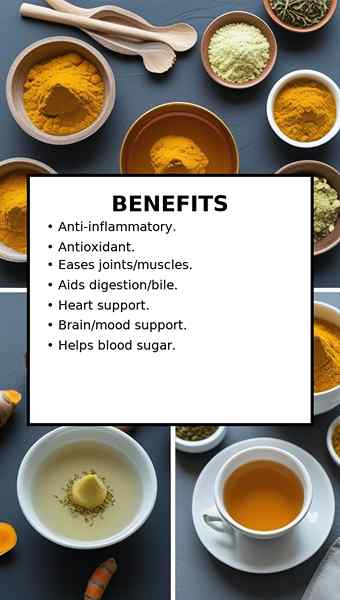
5 everyday U.S. foods to cut back on
- Processed meats (bacon, hot dogs, deli meats)
Why limit: Strong link with colorectal cancer; many orgs advise “little, if any” processed meat. Swap: hummus wraps; bean chili; grilled salmon or tofu. World Cancer Research Fund+1 - Excess red meat (large/frequent portions)
Why limit: Higher intakes tied to higher risk; choose fish, poultry, beans more often. Swap: bean-and-veg bowls; chicken/seafood nights. American Cancer Society - Sugar-sweetened beverages (soda, energy drinks)
Why limit: Drive weight gain—and excess body fat raises risk for many cancers. Swap: sparkling water + citrus; unsweet tea. American Institute for Cancer Research+1 - Ultra-processed “fast foods” & packaged snacks (high fat/starch/sugar)
Why limit: Strong evidence they promote weight gain/obesity, a cause of many cancers. Swap: nuts/fruit; whole-grain crackers + hummus. World Cancer Research Fund+1 - Charred or heavily grilled meats
Why limit: High-temperature cooking creates HCAs/PAHs; lab data show mutagenic potential; human data are mixed—so reduce charring, marinate, flip often. Swap: bake/poach; grill veg/fruit. Cancer.gov+1
Bonus note on alcohol: Multiple orgs advise limiting or avoiding alcohol to reduce cancer risk—especially important for women and breast cancer risk. The Guardian
A real celebrity story (music): what Sheryl Crow changed
After her 2006 breast cancer diagnosis, Sheryl Crow worked with chef Chuck White and released a cookbook, sharing produce-forward, colorful, whole-food recipes and discussing how she reassessed her eating habits. Her message: build meals around vegetables, fruits, whole grains, and lean proteins—habits consistent with major cancer-prevention guidelines. (Crow does not claim food cured cancer; she shares practical, tasty ways to eat healthier after treatment.) Forbes+2CBS News+2
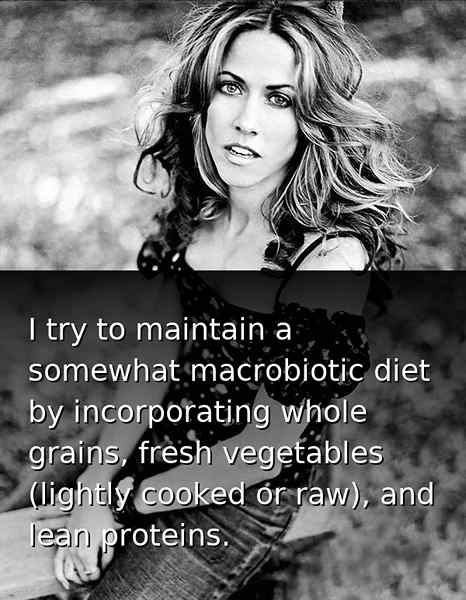
Smart, simple U.S. meal ideas
- Plant-packed taco night: black beans, corn, tomatoes, onion, cilantro, whole-grain tortillas; side of sautéed broccoli. World Cancer Research Fund
- Mediterranean lunch bowl: quinoa, roasted Brussels sprouts, chickpeas, tomatoes, olives, EVOO-lemon dressing. World Cancer Research Fund
- Green-tea break: unsweet iced green tea with a squeeze of lemon; a handful of berries and almonds. PMC
- Comfort soup: lentil-tomato soup with garlic/onion; serve with whole-grain bread. PMC+1
Q&A
1) What’s the simplest anti-cancer grocery list for U.S. shoppers?
Berries, broccoli/Brussels sprouts, tomatoes (canned OK), beans/lentils, tofu/edamame, 100% whole grains, olive oil, onions/garlic, leafy greens, green tea. World Cancer Research Fund
2) Are soy foods safe if I’m concerned about breast cancer?
Yes—population studies show no increased risk and possible benefits for survivors who consume moderate soy. Choose tofu, tempeh, edamame. American Institute for Cancer Research+1
3) What’s the deal with processed meat?
Processed meat is convincingly linked with higher colorectal cancer risk. Keep it rare or skip it. World Cancer Research Fund
4) Do I have to quit red meat entirely?
Not necessarily—many orgs say limit portions and frequency; pick fish, poultry, and beans more often. American Cancer Society
5) Are sugary drinks really a cancer issue?
They drive weight gain/obesity, which raises cancer risk. Stick to water, unsweet tea, or coffee. American Institute for Cancer Research+1
6) Does grilling cause cancer?
High-heat cooking creates HCAs/PAHs. Human data are mixed; reduce charring, marinate, flip often, and grill more veggies. Cancer.gov+1
7) Which vegetables are most “anti-cancer”?
No single veg is magic, but crucifers (broccoli, Brussels sprouts) have bioactive compounds with plausible anti-cancer mechanisms. Eat a variety. Cancer.gov
8) Do tomatoes have to be raw?
Cooked/canned tomatoes increase lycopene bioavailability; both raw and cooked fit. PubMed
9) Should I drink green tea daily?
Evidence is mixed, but catechins are interesting; if you enjoy it, 2–3 cups unsweetened is a reasonable habit. PMC
10) Is turmeric proven to prevent cancer?
Lab studies are promising; human evidence isn’t definitive. Use turmeric for flavor alongside a plant-forward diet. PMC+1
11) What single change helps most?
Shift your plate toward whole grains, veggies, fruit, and beans consistently; this pattern underpins multiple recommendations. World Cancer Research Fund
12) What about alcohol?
Less is better for cancer risk; several orgs advise limiting or avoiding, especially for women. The Guardian
Key sources & further reading
- World Cancer Research Fund (WCRF): Evidence for our recommendations and Whole grains, veg, fruit & beans. World Cancer Research Fund+1
- American Cancer Society: Nutrition & physical activity guidelines. American Cancer Society
- AICR: Limit red & processed meat, Sugar-sweetened drinks, Soy & cancer risk. American Institute for Cancer Research+2American Institute for Cancer Research+2
- NCI: Cruciferous vegetables & cancer, High-temperature meat cooking (HCAs/PAHs), Diet and cancer risk overview. Cancer.gov+2Cancer.gov+2
- Tomatoes & lycopene: Giovannucci et al. and Fraser et al.. PubMed+1
- Green tea: Yuan 2013 review and NCI trial listing. PMC+1
- Turmeric/curcumin: NCCIH fact sheet and 2023 review. NCCIH+1
- Celebrity story (context): Forbes interview and CBS segment. Forbes+1


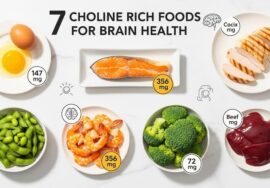
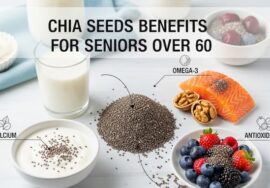

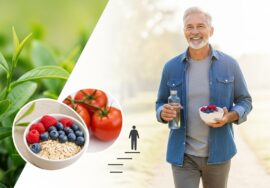
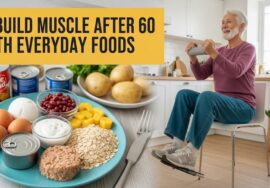
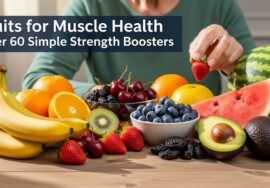
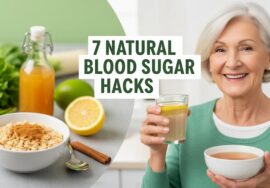
Thank you for sharing with us, I believe this website genuinely stands out : D.